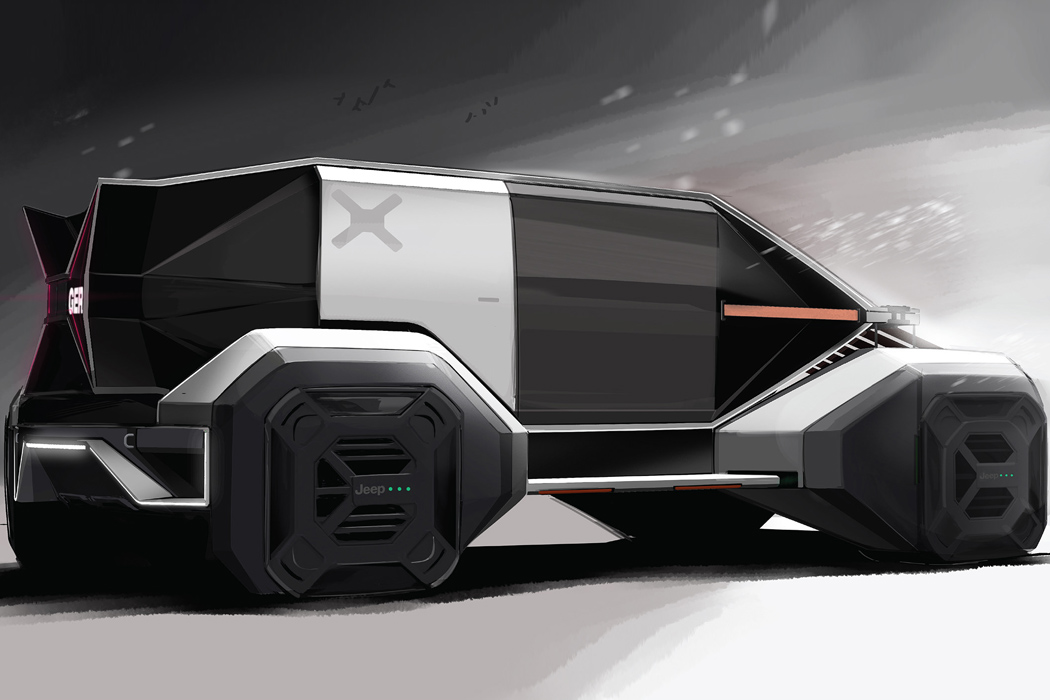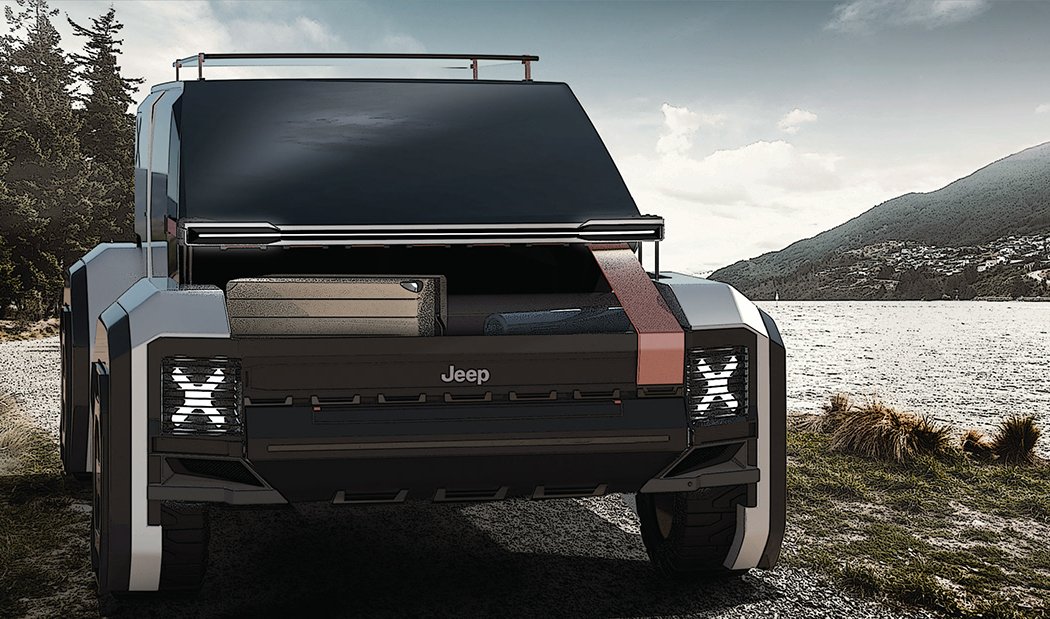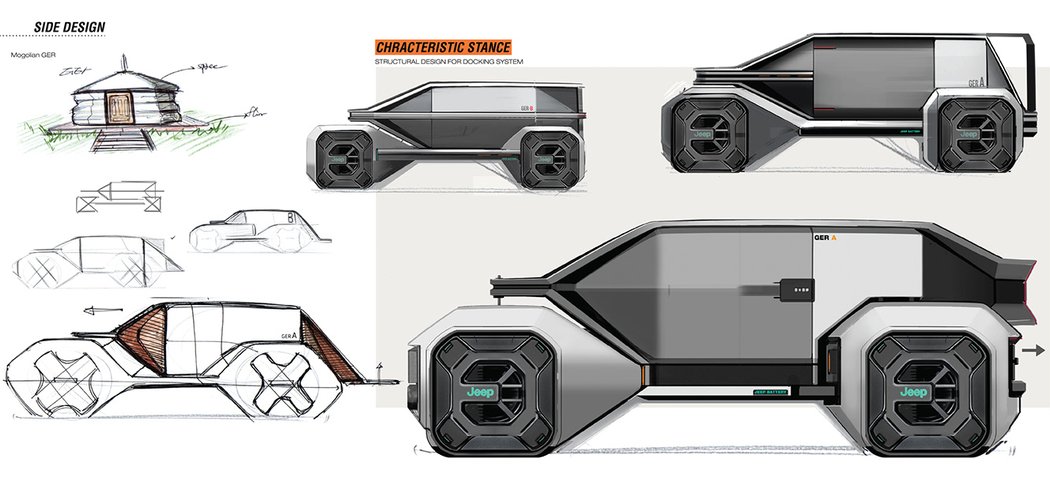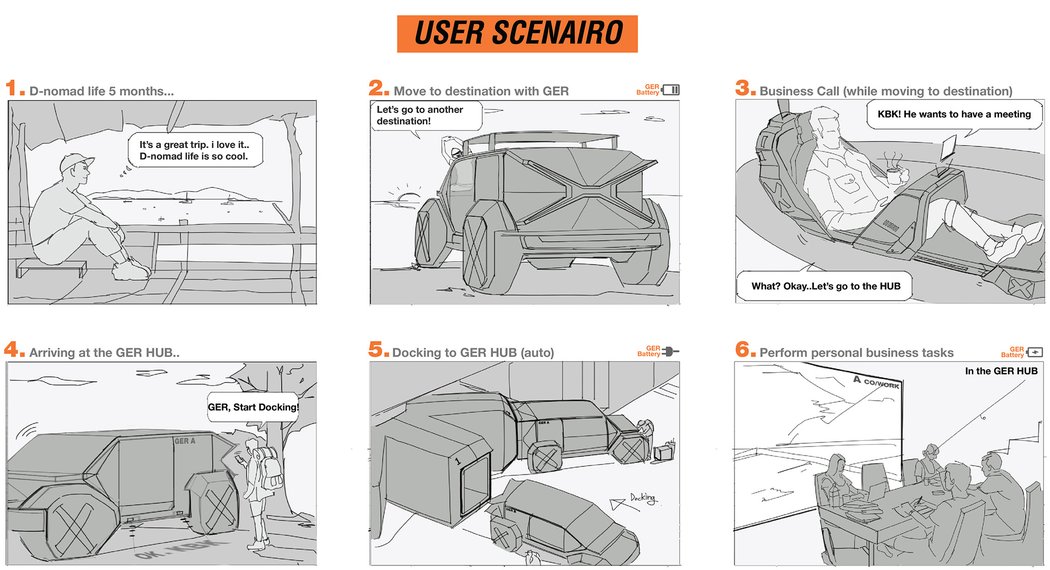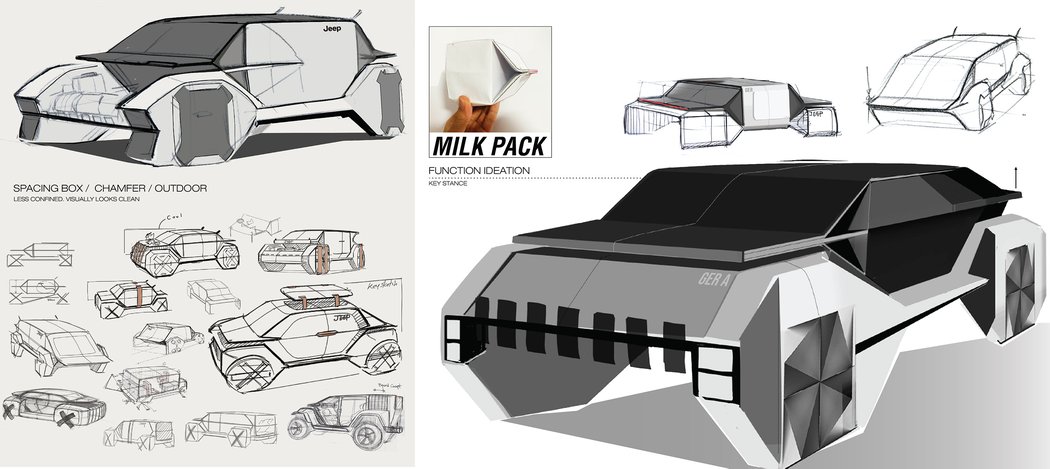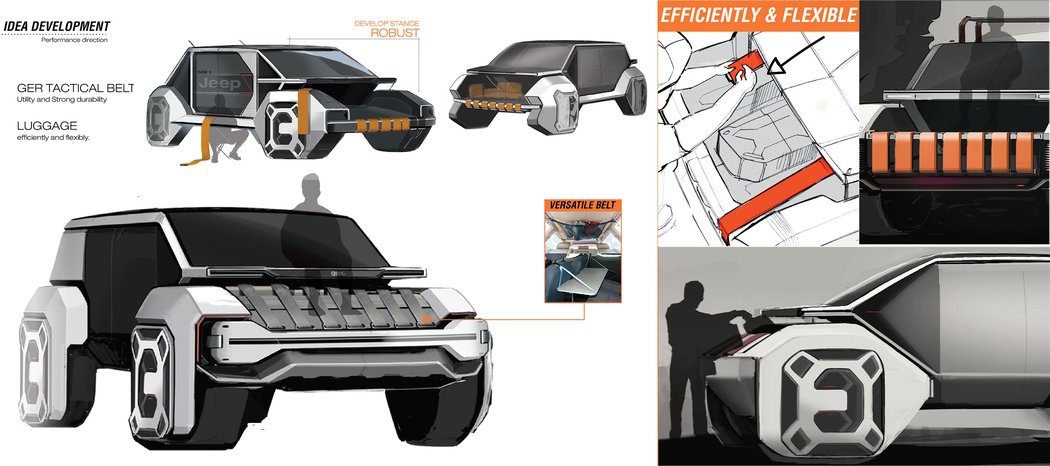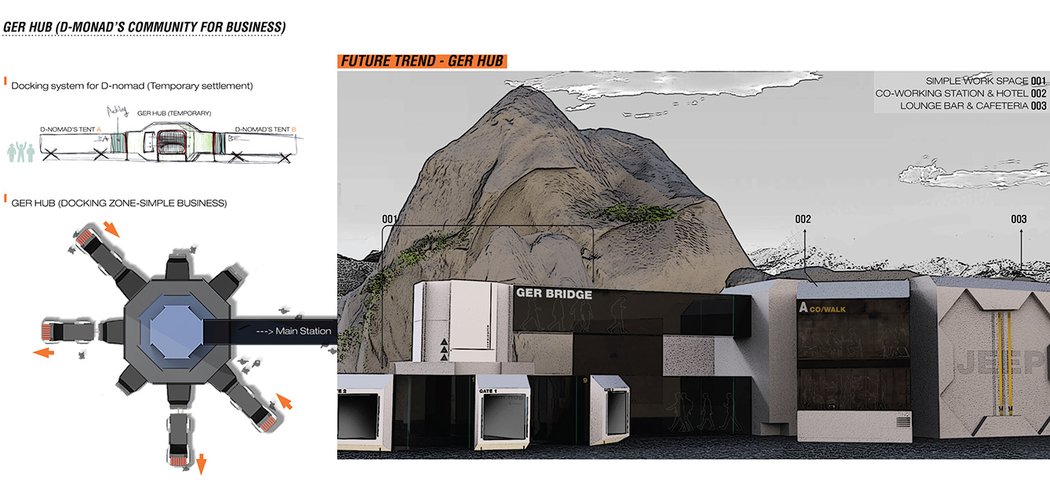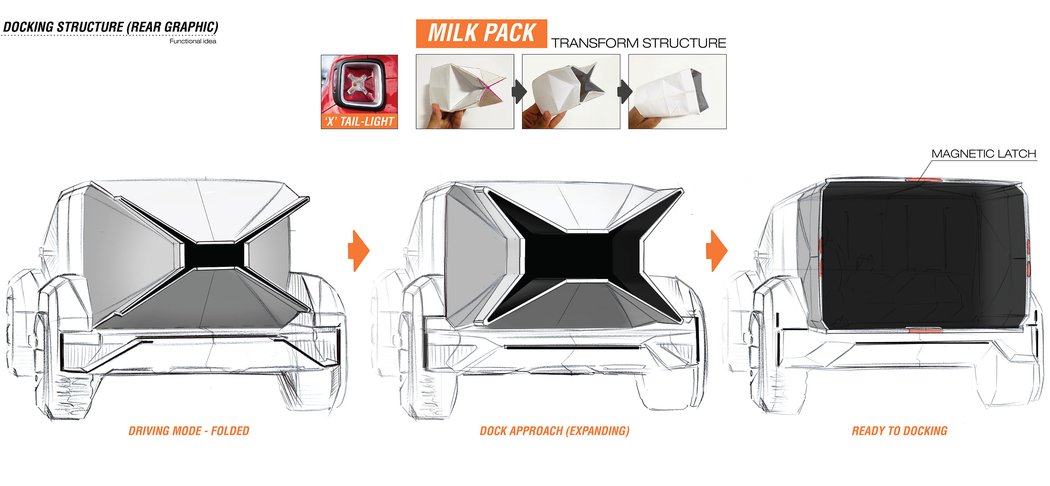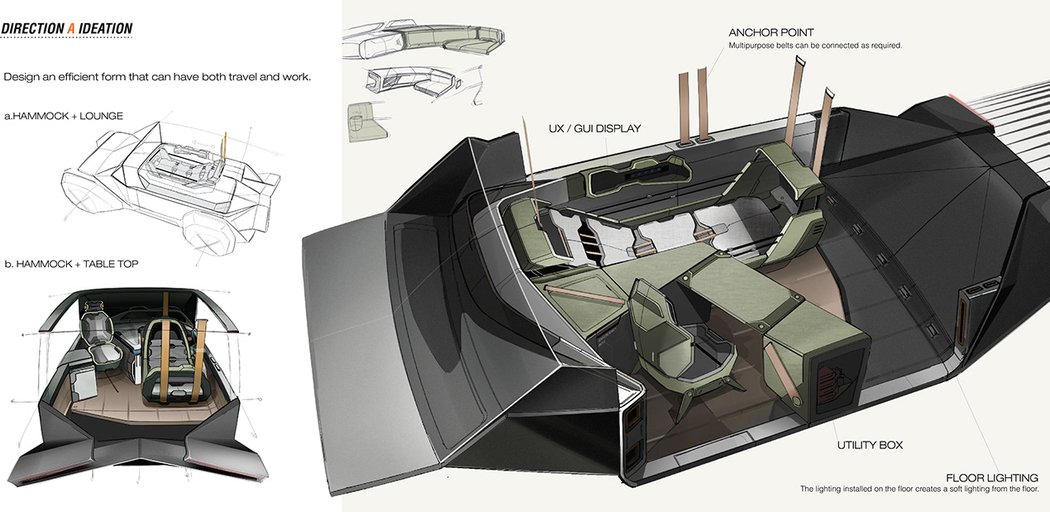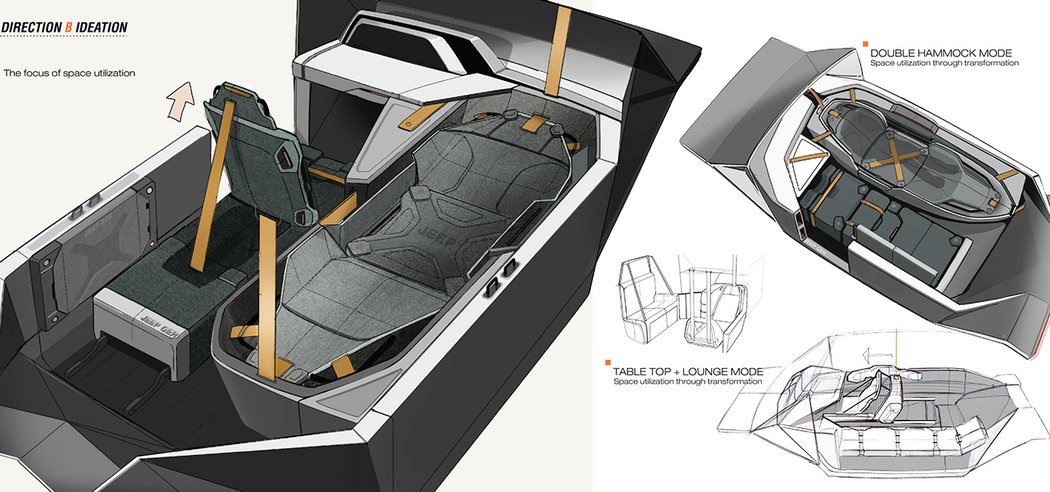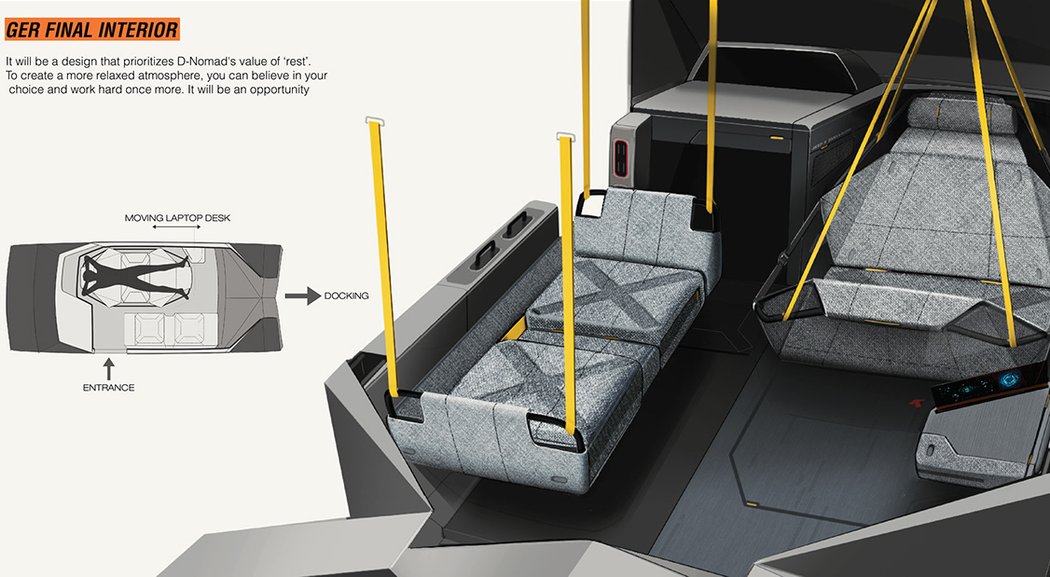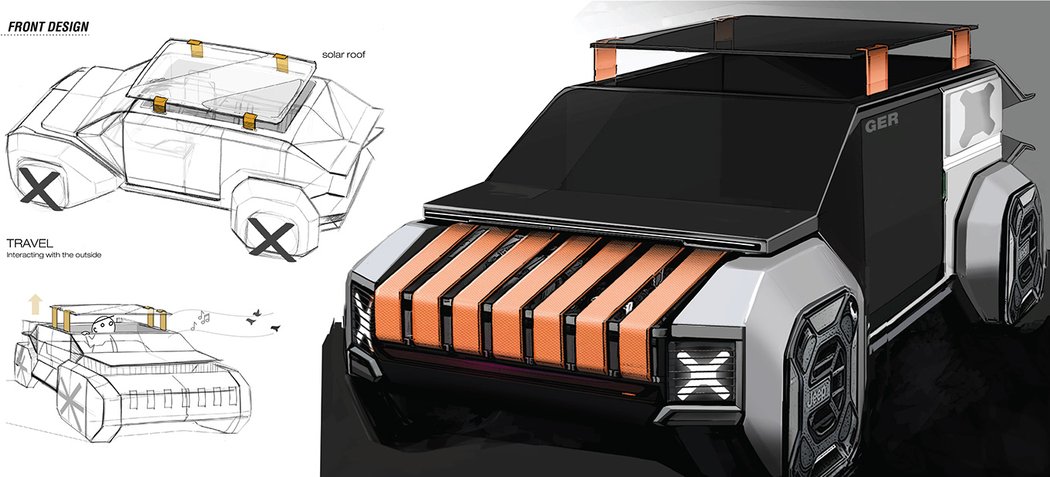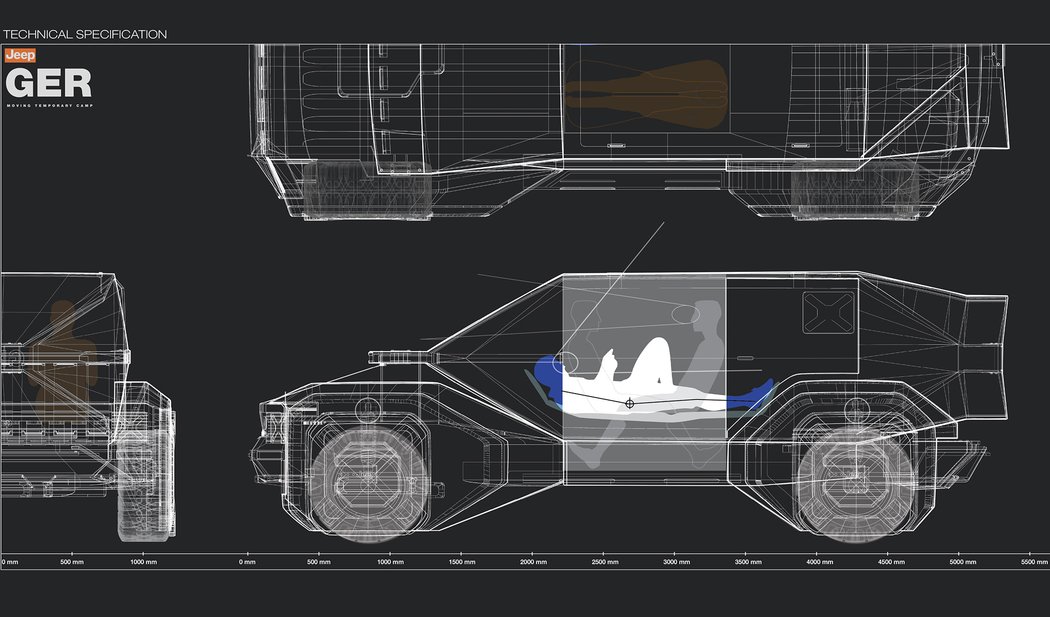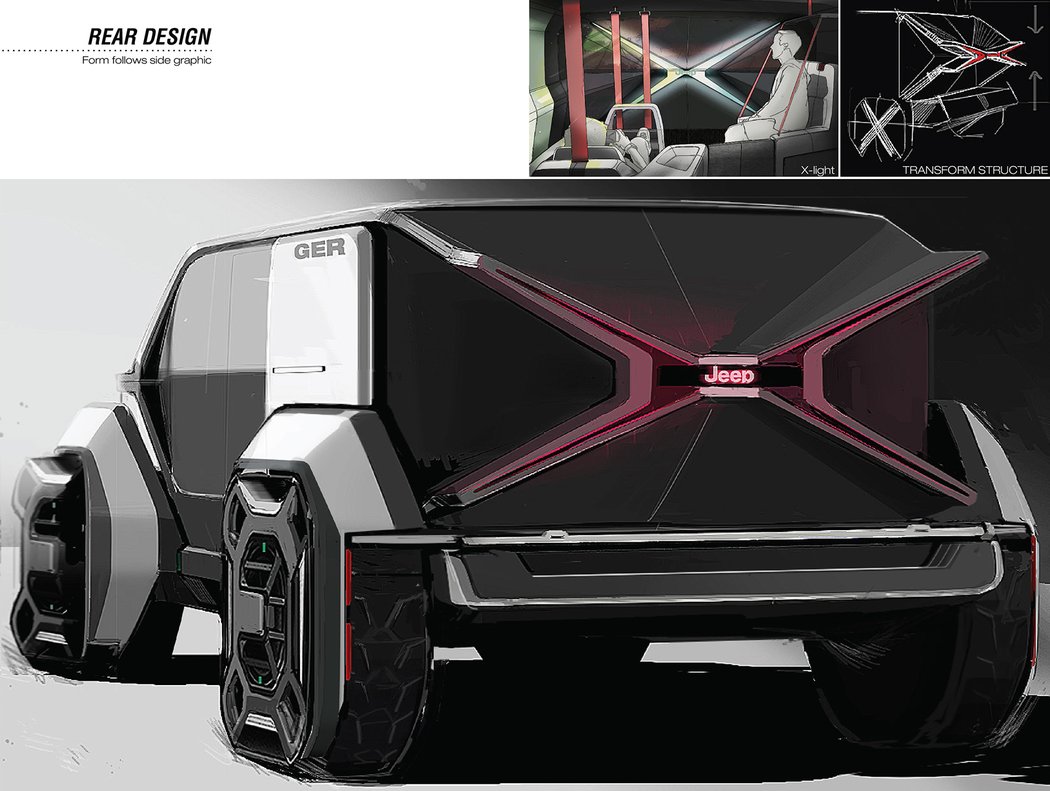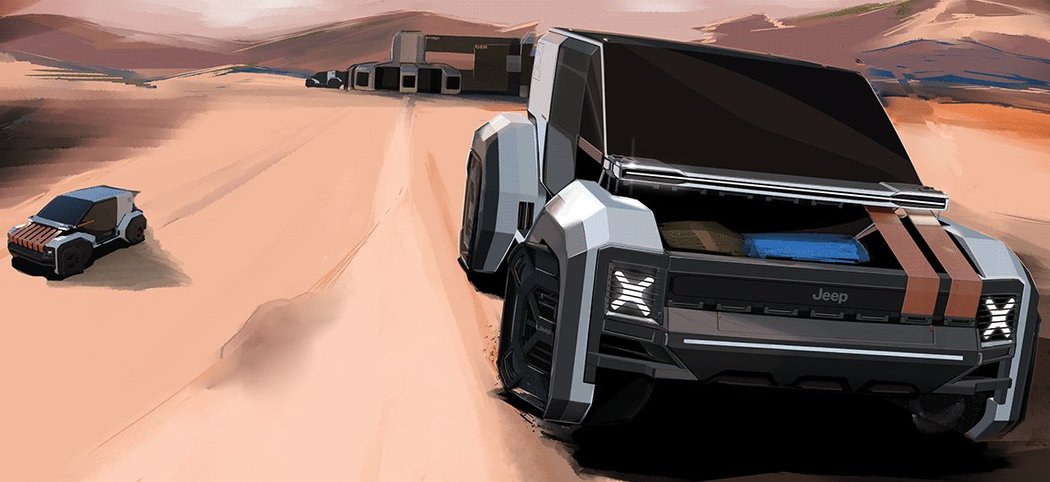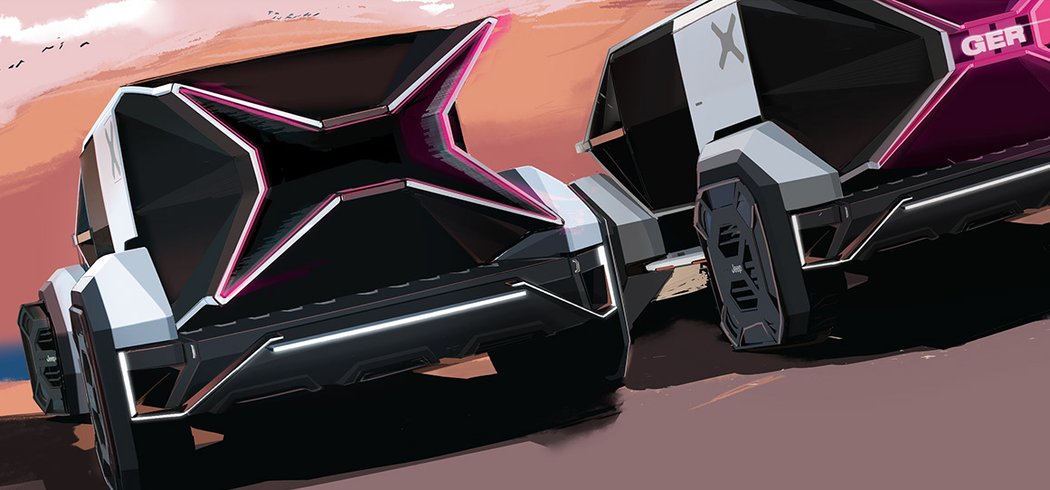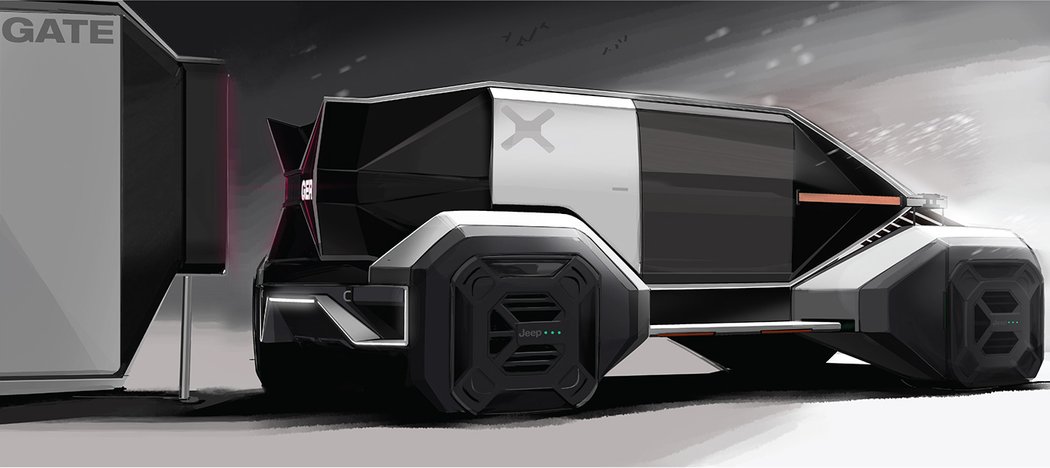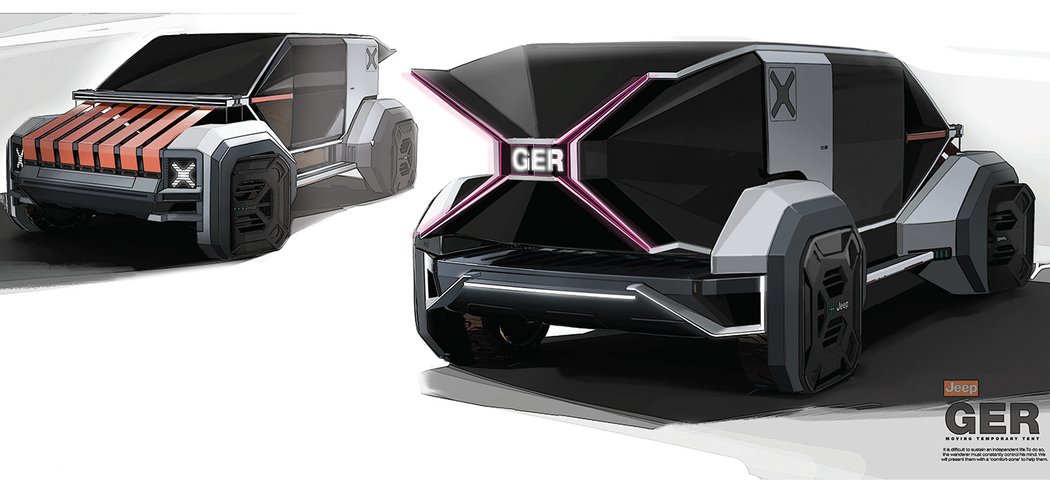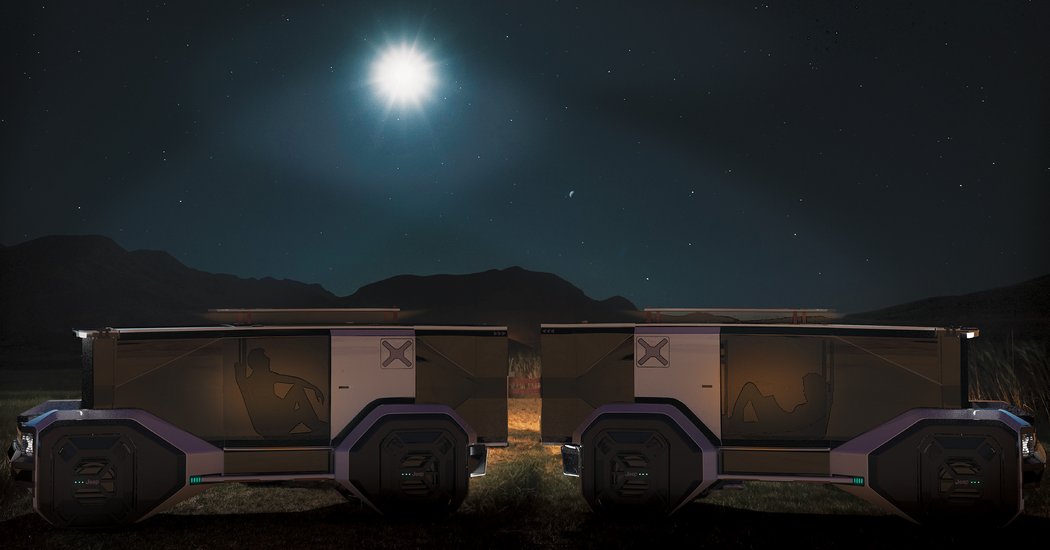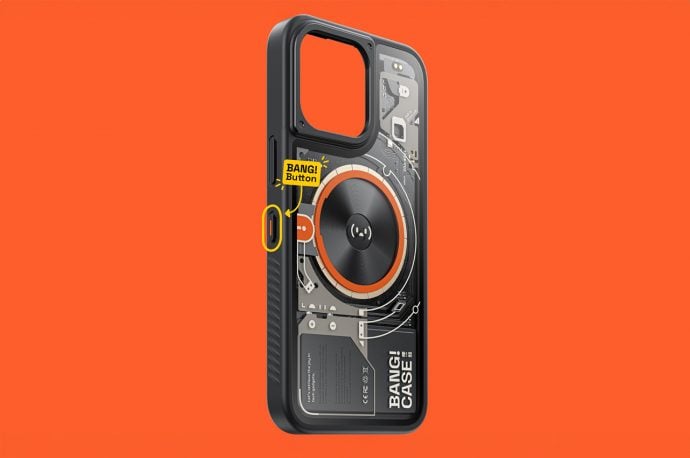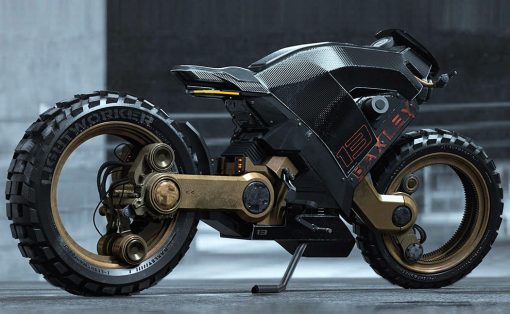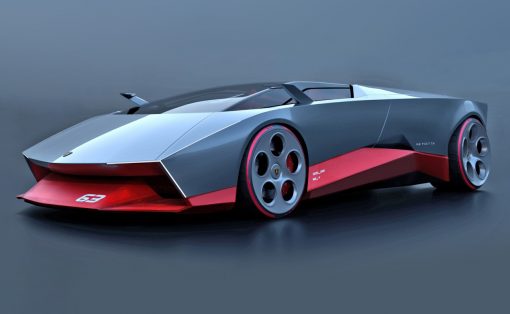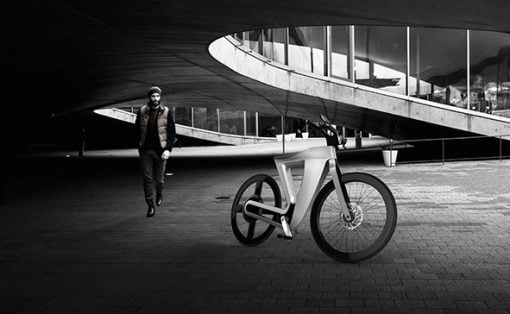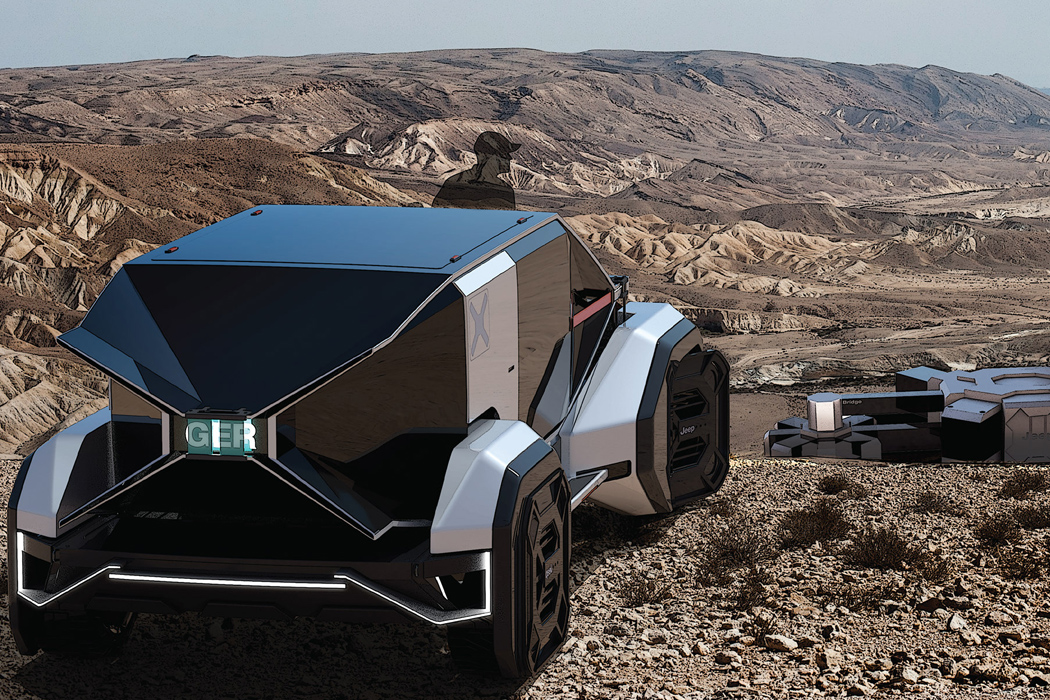
For people like us working constantly in front of the screen can at times get boring, and the only pipedream is to have a fully customizable camper that changes its configuration depending on the needs. And yes, it should be eco-friendly and fully autonomous. If you think I’m asking for too much, then this cool project by B.K. Kang might change your perception. Fast forward a decade and this might actually be quite conceivable – a four-wheeler for digital nomads who happen to be adventure lovers, always longing for that next road trip to socialize with like-minded people.
Kang calls it the Jeep Ger/D-nomad Hub, and although the name sounds a bit odd, it makes complete sense as it’s not just about the Jeep Ger electric vehicle, it’s also about the docking station (or central docking station) where one can replenish and make temporary home until the next destination. The idea is inspired by the Mongolian ger – an insulated mobile home native to the Mongolian nomadic tribes and some Asian regions. Since there are no driving aids like steering or pedals, space is all there for your digital life. You can turn it into a comfy setup having a floating hammock and lounge area or a more formal setting with a desk and transforming bed.
The central hub is more like an airport terminal where the Jeep Ger can be docked temporarily to finish up an important board meeting or maybe picking up supplies for a long trip ahead. The rear of the vehicle is inspired by the opening of a milk carton for full access to the interior while being docked. When it’s time to move, the opening closes up effortlessly. Three space under the front hood to store luggage and the solar panel roof on top can be lifted when a more airy interior is the need. To have the right ambient lighting, the lights on the floor can be adjusted to the preferred mode. The design is focused on productivity on the move and making the occupants feel right at home. A pretty interesting concept don’t you think?
Designer: B.K. Kang
